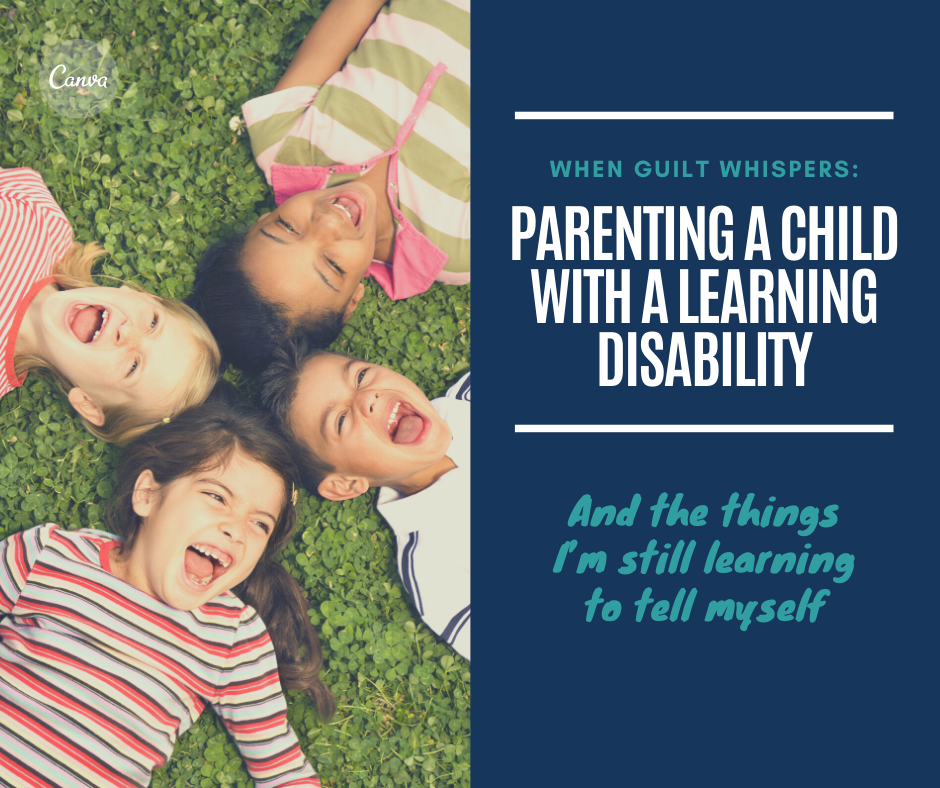Why Self-Advocacy Matters in College: A Guide for Students (and a Note for Parents)
- Therese Ajtum-Roberts Ed.D.
- Aug 12, 2025
- 4 min read

If you’re heading to college this fall and have a learning disability — or you’ve had academic supports in high school — this is for you. From my own experience as a student with a disability and my 15 years teaching in higher education, I can tell you this: one of the most important things you can do for yourself is learn how to speak up and get the accommodations you’re entitled to from day one.
And here’s something important to know before we go any further: you are not alone. Roughly 20% of college students have a documented disability. That means in almost every classroom, there are several students getting accommodations — you just might not realize it because not everyone talks about it.
College Isn’t High School Anymore
In high school, your parents and teachers helped make sure you got the support you needed. If you had an IEP or 504 plan, there was a whole team keeping track of your accommodations. In college, that changes. You’re in charge now. The Disability Services Office can help when problems come up, but they won’t be emailing your professors every week or checking if you’ve turned in your assignments. You are your own best advocate — and that’s actually a good thing, because this is a skill you’ll use for the rest of your life.
Start Early: Register Before You Step on Campus
As soon as you know where you’re going to school, contact the Disability Services Office (sometimes called Accessibility Services or Student Disability Services). Don’t wait until move-in day. Most schools have an online form you can fill out right now. And yes — you should be the one making the call or sending the email, not your parents. This is your process.
Gather Your Paperwork (And Actually Read It)
Every college has its own requirements, but you’ll probably need your IEP or 504 plan, testing results, medical documentation, or other reports about your diagnosis and past supports. If you’ve never read your own paperwork before, take the time now. Understanding it will help you explain your needs clearly when you talk to professors or staff.
Meet With Disability Services Staff
You’ll schedule an intake meeting where you go over your paperwork, talk about your learning needs, and figure out what accommodations you qualify for. This can take a couple of weeks, so starting early gives you plenty of time to have everything ready before classes begin.
Get Your Accommodation Letter and Share It
Once you’re approved, you’ll get an official letter that lists your accommodations — maybe extra time on tests, a note-taker, or a quiet room for exams. Some schools will send this letter to your professors automatically, but at others you’ll have to deliver it yourself. Either way, it’s a good idea to follow up and talk about how the accommodations will work in each class.
Don’t Wait Until You’re Struggling
I’ve seen many students skip registering for accommodations because they did well in high school and assume they can “figure it out” if things get tough. The problem is, college moves faster, classes meet less often, and professors have hundreds of students — they won’t know you need support unless you’ve gone through the official process. That process can take 2–4 weeks, so if you wait until you’re already behind, you might never catch up. In some cases, not registering early means you’ll have to retake the class — costing you not just time, but potentially thousands of dollars.
Understand How Your Accommodations Work
Your accommodation letter says what you’re entitled to, but it doesn’t explain how each professor will apply it. That’s why you should meet with your professors early — in person or by email — to go over the details. When I was a student, I did this in the first week so everyone knew the plan. As a higher education educator, I can tell you it makes a great first impression when a student comes in prepared and ready to talk.
Build the Habit of Speaking Up
Being a strong self-advocate isn’t about being pushy — it’s about being clear and proactive. Keep your paperwork organized. Renew your accommodations each semester. Go to office hours. Let your professors know what helps you succeed. And if something isn’t working, say so. Disability Services is there to help you make adjustments.
Start Strong and Stay Strong
College is a big step, but it can also be one of the most exciting times of your life. Using your accommodations isn’t getting an unfair advantage — it’s making sure you can show what you’re capable of. The more you practice speaking up for yourself now, the easier it will be in your future career and life. Remember — 1 in 5 college students has a disability. You are far from alone in this journey.
A Note for Parents
Your student needs to own this process, but you still play a role. Encourage them to plan ahead, make the calls, and send the emails themselves. Talk through possible situations so they feel confident before move-in day. And then — step back. Self-advocacy is a muscle, and the only way it gets stronger is by using it.
Students — remember, this is your education, your voice, and your future. You’ve got this.




Comments